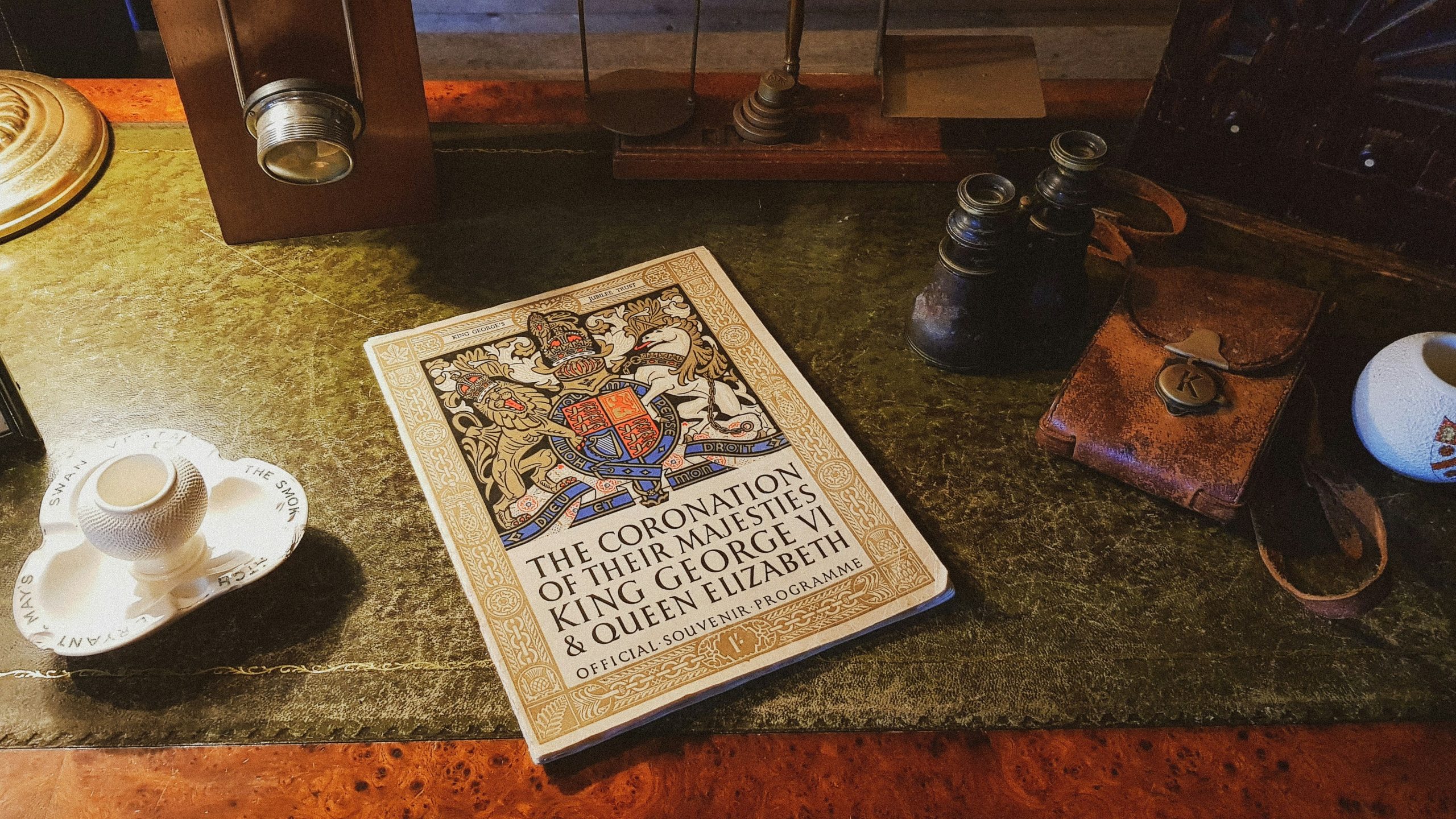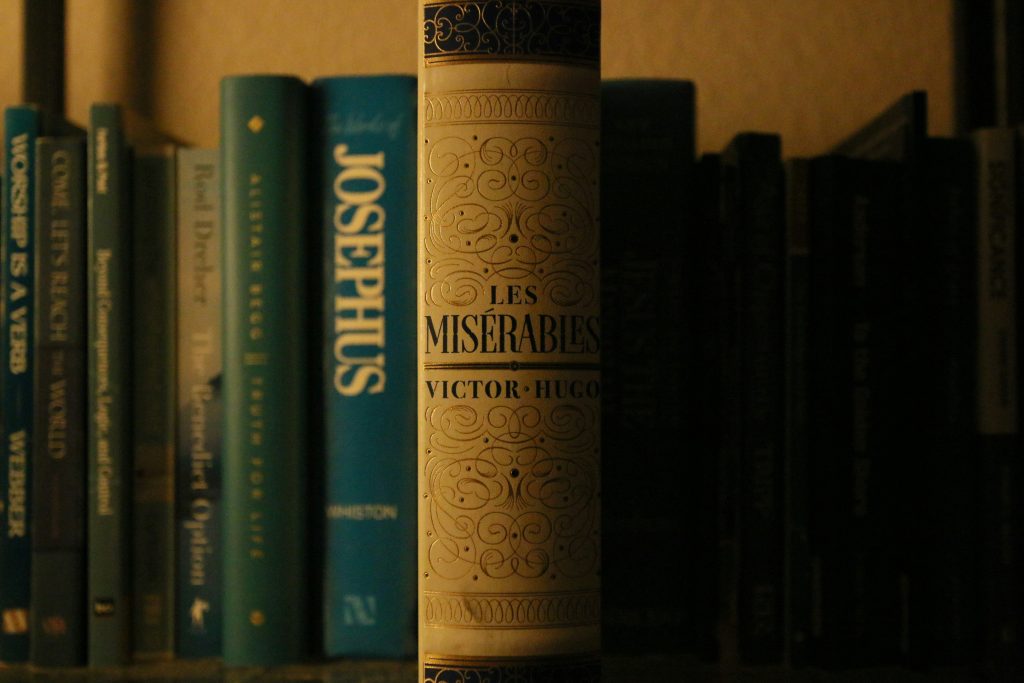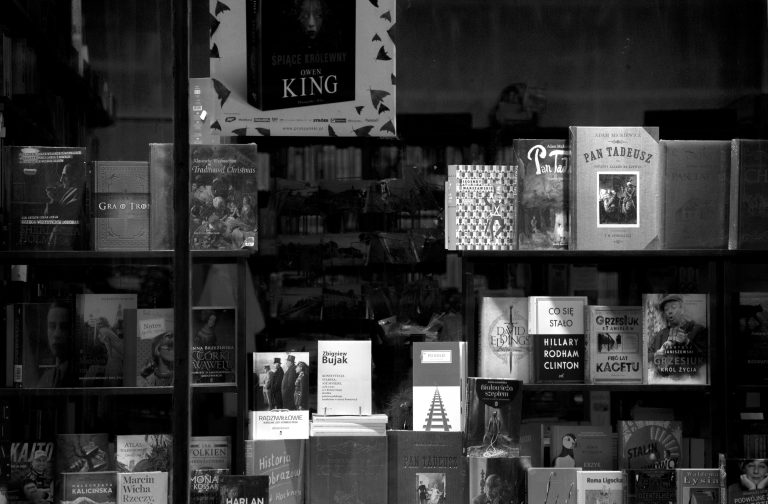Portuguese Literature in the 16th–17th Centuries: A Golden Legacy
Introduction
The 16th and 17th centuries were defining moments in Portuguese history, when the country rose to prominence as one of Europe’s leading maritime powers. Through oceanic voyages, expanding trade routes, and cultural exchanges with faraway lands, Portugal played a vital role in connecting continents. Literature of this period—and later works inspired by it—reflects the spirit of discovery, national ambition, and the blending of diverse cultural influences. By exploring themes, genres, and motifs tied to this era, we gain insight into how literature served as a mirror of Portuguese identity and its engagement with the wider world.Lorem ipsum dolor sit amet, consectetur adipiscing elit. Ut elit tellus, luctus nec ullamcorper mattis, pulvinar dapibus leo.
Historical Context: Portugal’s Golden Age
Portugal’s Golden Age was marked by maritime achievements that expanded knowledge of the world. Explorers reached Africa, Asia, and South America, supported by advances in navigation and ship design that made long-distance travel possible. These achievements strengthened Portugal’s influence in international trade, particularly in spices and luxury goods, bringing new wealth and prestige to the kingdom.
Culturally, Renaissance humanism shaped literature and learning, encouraging intellectual curiosity and artistic creativity. At the same time, religion remained a central part of life, with Catholic devotion influencing many literary works. Encounters with distant cultures—whether through trade, diplomacy, or shared knowledge—also inspired descriptions of unfamiliar places and peoples, broadening Europe’s understanding of the globe.
Contemporary Literature (16th–17th Centuries)
The literary production of this era reflected the energy and aspirations of Portuguese society. Epic poetry became one of the most celebrated forms, portraying voyages of discovery and the achievements of national heroes in elevated, symbolic language. Chronicles and travel accounts described new lands and experiences abroad, providing both historical record and vivid storytelling. Drama, including religious plays and secular comedies, engaged audiences with moral lessons as well as everyday humor.
Recurring themes included national pride, maritime exploration, and the mysteries of the sea. Writers often celebrated Portugal’s accomplishments as part of a larger destiny, while also recognizing the risks and uncertainties of long voyages. The ocean itself symbolized adventure, danger, and the quest for knowledge. Descriptions of foreign cultures were often colored by curiosity and wonder, reflecting a mix of admiration and unfamiliarity.
Later Literary Works Set in the Period (Post-17th Century)
Centuries later, many writers returned to Portugal’s Golden Age as a source of inspiration. In the 19th century, Romantic and nationalist movements reimagined the period as a heroic chapter in the nation’s history, casting navigators and monarchs as symbols of resilience and cultural pride.
In modern times, authors have continued to revisit this era from new angles. Rather than focusing only on triumphs, some works highlight the personal challenges, ambitions, and sacrifices of individuals who lived during the Age of Discovery. Others explore universal themes such as the human drive to explore, the search for meaning in unfamiliar places, and the cultural exchanges that arise when different worlds meet. These perspectives ensure that the period remains relevant to contemporary readers.
Recurring Themes and Motifs
Several motifs consistently appear in literature tied to this period. The tension between ambition and uncertainty was a recurring theme, with works praising exploration while acknowledging its difficulties. Cultural blending also emerged as an important element, as Portuguese society absorbed new ideas, customs, and influences from abroad.
Religion featured prominently, often portrayed as a guiding force for exploration and moral reflection. Another recurring motif was the portrayal of distant peoples and places, which were frequently described with fascination and imagination. These depictions reveal both the excitement of discovery and the limits of understanding in a world still being mapped and defined.
Literary Techniques and Stylistic Evolution
Stylistically, writers of the 16th and 17th centuries employed rich, elevated language, often drawing on classical models and allegory. Epic poetry used grand imagery to portray voyages as part of a larger destiny, while religious works were written with a didactic tone, emphasizing moral lessons.
Later reinterpretations took on more experimental approaches. Modern authors often employed irony, fragmented storytelling, or multiple perspectives to offer more nuanced portrayals of history. These stylistic shifts allowed writers to revisit the past with fresh insight, offering diverse views rather than a single narrative.
Legacy and Influence
Literature from Portugal’s Golden Age continues to shape cultural identity and collective memory. These works serve as both historical records and artistic reflections of a society deeply engaged with exploration and cultural exchange. They also hold an important place in global literature, influencing how the Age of Discovery is understood and remembered.
The questions raised by these works remain relevant today: What drives human ambition to explore? How do encounters with new cultures reshape a nation’s identity? These themes give the literature of this era a timeless quality, ensuring its ongoing impact on readers and scholars alike.
Conclusion
The literature of 16th- and 17th-century Portugal reveals a world full of triumph, challenge, and discovery. From epic poetry to modern reinterpretations, these works capture the excitement of exploration while reflecting on its deeper meaning. More than historical documents, they offer enduring insights into human aspiration, cultural exchange, and the universal search for knowledge. By revisiting this Golden Age through literature, we uncover stories that continue to resonate across time and place.
Key Takeaways
- Portugal’s Golden Age shaped its literature profoundly: The 16th and 17th centuries coincided with Portugal’s rise as a maritime power, and its literature mirrored the spirit of exploration, ambition, and cultural exchange. Writers captured both national pride and the uncertainties of venturing into unknown seas.
- Epic poetry and chronicles were dominant forms: Poets such as Luís de Camões elevated voyages of discovery into symbolic, almost mythic narratives, while chronicles and travel accounts provided detailed depictions of distant lands and peoples, blending historical record with imaginative storytelling.
- Drama reflected daily life and moral values: Religious plays and comedies entertained audiences while also reinforcing lessons about faith, morality, and social behavior. This mix of sacred and secular themes shows the diversity of literary production in Portugal during the era.
- Recurring motifs expressed cultural identity: Themes of ambition, risk, religious devotion, and curiosity about foreign cultures defined much of the writing. The ocean, in particular, was a powerful symbol, embodying adventure, danger, and the quest for knowledge that shaped Portugal’s worldview.
- Later writers reimagined the Golden Age: Romantic and modern authors revisited the period with new perspectives, sometimes focusing on heroic achievements, and at other times highlighting human struggles, sacrifices, and the complexities of cross-cultural encounters. These reinterpretations kept the era relevant across centuries.
- The legacy continues in modern culture: Golden Age literature still influences Portuguese identity and global understanding of the Age of Discovery. Its themes of ambition, cultural encounter, and the drive to explore remain universally relevant, making these works enduring cornerstones of world literature.
FAQs
Why was the 16th and 17th century considered Portugal’s Golden Age in literature?
This period is called Portugal’s Golden Age because it coincided with major maritime achievements, overseas connections, and cultural exchanges. Literature mirrored these developments, using epic poetry, chronicles, and plays to celebrate exploration, national pride, and the blending of new ideas from distant lands.
What were the most common themes in Portuguese literature of this era?
Recurring themes included maritime exploration, religious devotion, cultural curiosity, and national pride. Writers often portrayed the ocean as both a symbol of danger and opportunity, reflecting Portugal’s identity as a seafaring nation at the forefront of global discovery.
How do modern authors reinterpret Portugal’s Golden Age in literature?
Contemporary authors revisit the period with more personal and nuanced approaches. Instead of focusing only on triumphs, they highlight human struggles, cultural encounters, and the costs of exploration. These perspectives keep the Golden Age relevant while offering fresh insights into history and identity.
Graphic novels and comics have evolved into powerful storytelling mediums that captivate readers of all ages. This article explores their growing popularity, highlights Portuguese creators making their mark, and examines how these works blend art and narrative in unique ways.










